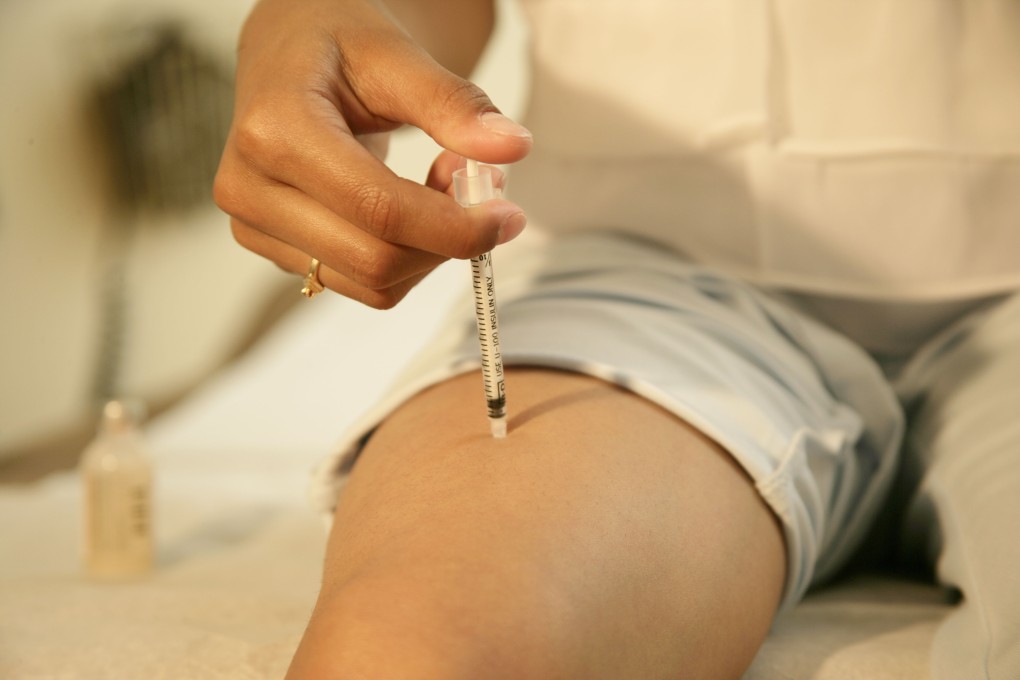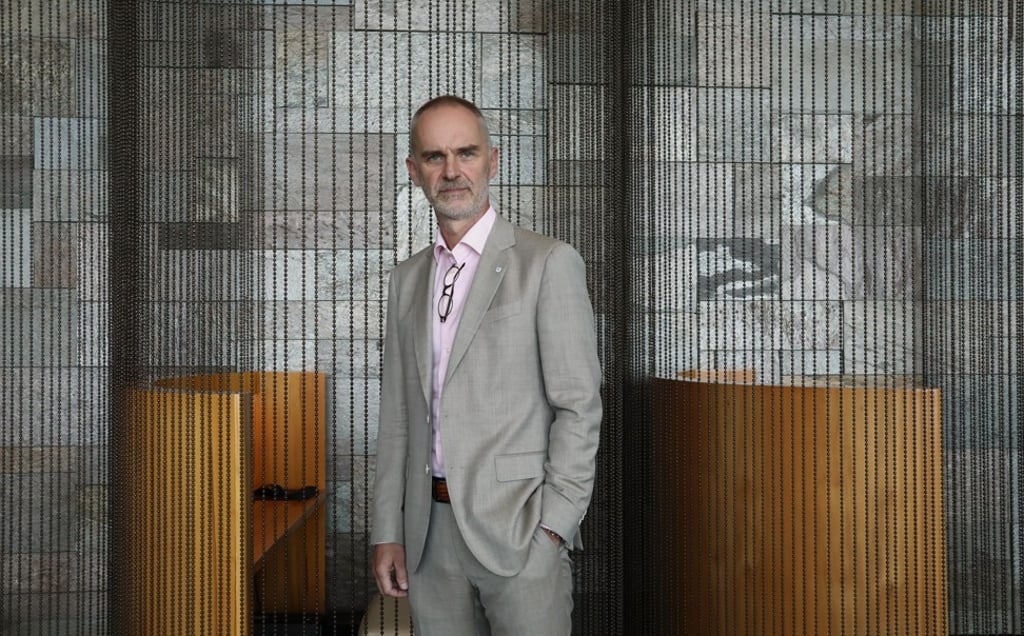Type 2 diabetes treatment based on lifestyle changes set for October launch in Hong Kong
- Originating in the Netherlands, the six-month programme uses nutrition, exercise, sleep and relaxation as therapy
- A programme adviser says most of those who use insulin to control the disease will be able to reduce, or even stop, their use after the first weekend

Are you on medication for type 2 diabetes? If so, want to kick the meds and live a healthy life?
Then listen up – a programme that has had success at reversing type 2 diabetes in the Netherlands will launch in Hong Kong in October and is looking for 30 participants.
“Reverse Diabetes2 Now”, developed by Dutch foundation Voeding Leeft, is a six-month programme based on lifestyle changes. It uses nutrition, exercise, sleep and relaxation as therapy, with the aim of reducing medication intake and giving people a better quality of life.
“You can’t change your genes – that won’t happen for the next 50 to 100 years or so and it’s very dangerous and difficult – but we can change the way we live,” says Professor Hanno Pijl, an internist-endocrinologist at the Leiden University Medical Centre in the Netherlands.

Pijl was among the first doctors in the Netherlands to decry the mainstream approach to treating type 2 diabetes. He saw patients coming into his clinic using up to eight kinds of drugs to stabilise their cholesterol, blood glucose, blood pressure and complications associated with their diabetes, and still they were not in control.